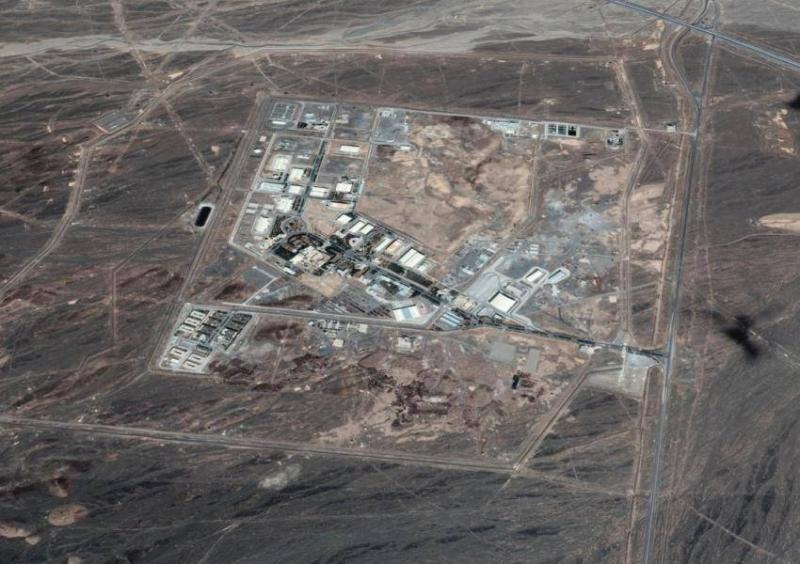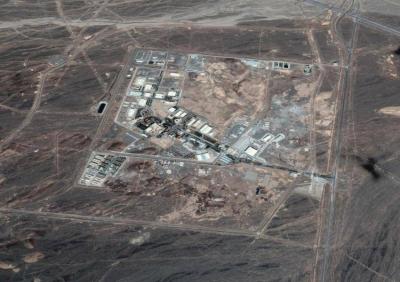Diplomats have stated that Iran is limiting the access of United Nations nuclear inspectors to its main uranium enrichment facility in Natanz, citing security concerns after what it claims was an attack by Israel on the site in April. Diplomats mentioned that the dispute, which one official said has been ongoing for weeks, is on the path to resolution but has heightened tensions with the West amid postponed indirect talks between Iran and the United States regarding the revival of the nuclear agreement, without any timeline for resuming them.
This comes after Iran took steps that violate the 2015 nuclear agreement or provoke anger from Washington and its allies, including enriching uranium to levels necessary for weapon production and failing to explain the source of uranium particles found by inspectors from the International Atomic Energy Agency (IAEA) at several undeclared sites.
A Western diplomat closely monitoring the IAEA remarked, "They are provoking us," adding that inspectors should be allowed to enter all sites next week. No comment has yet been obtained from Iranian officials, and the IAEA refrained from commenting, referencing its policy of not discussing inspection-related matters. Iran has not provided any clear reasons for its actions aside from its official concerns over security and safety, but it has previously disagreed with the IAEA regarding access to its sites. In 2020, it prevented inspectors from accessing two sites for surprise inspections. In 2019, an inspector was detained and her travel documents confiscated.
Thus far, the IAEA has refrained from notifying member states about the situation and has called for an urgent meeting of its Board of Governors, similar to what occurred in November 2019 when Iran briefly detained an IAEA inspector who, according to diplomats, requested access to the Natanz facility.
An explosion and power outage occurred in Natanz in April, which disrupted Iran's uranium enrichment program and reportedly damaged centrifuges at its underground fuel enrichment plant. The latest quarterly report from the IAEA regarding Iran in May indicated that Iran's production of enriched uranium had slowed.
A diplomat based in Vienna stated, "Due to the incident/sabotage in April, access to certain places has become limited for safety and security reasons," adding that this move "has little effect on the agency's ability to conduct auditing and investigation." He mentioned that the agency and Iran have discussed the matter "to avoid those restrictions becoming permanent and thus reducing the ability to verify Iran's nuclear activities."
**Calculated Step**
Washington and its Western allies are pressuring Iran due to its violations of the nuclear agreement, which is aimed at extending the time it would take Tehran to produce a nuclear weapon if it chooses to do so. Iran insists that its nuclear purposes are entirely peaceful.
Inspection and monitoring activities have become a focal point recently, as Iran reduced its cooperation with the IAEA in February and revoked the legal basis for the agency's surprise inspections of undeclared sites, as mandated by the 2015 agreement. At the same time, Iran ended the IAEA's oversight of some nuclear activities outlined in the agreement. However, a temporary agreement with the agency maintained monitoring activities, albeit within an arrangement resembling a black box, wherein data is collected but not disclosed to the agency until later.
This temporary arrangement expired last week, and the IAEA reported that Iran did not respond when asked about the status of the arrangement, which the agency hopes to extend. The Western diplomat noted that Iran has currently agreed to allow full access to inspectors at the fuel enrichment facility, which may occur next week. Another source indicated that Iran has calculated this step carefully to provoke controversy without causing a major diplomatic issue.




